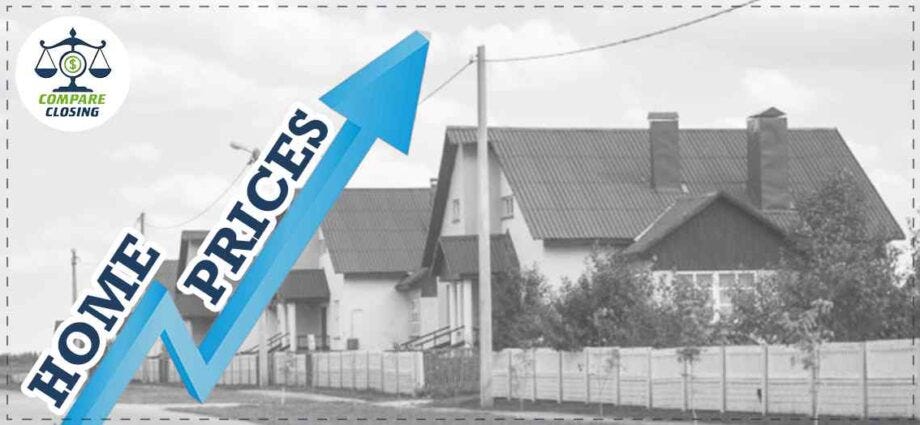
With home prices climbing really fast, and the bidding wars becoming common, many buyers are forced to pay all cash leading to fears that the country will face another housing bubble resulting in a terrible crash.
Industry executives and economists feel this explosion in home prices is temporary as home prices can’t go above 20% year-over-year forever.
They say the housing market today is very different from the mid-2000s recession that damaged the economy.
The difference is a massive shortage of homes and home builders are being very cautious about adding new supply now.
Another major difference is that banks, home buyers, and regulators are not over-lending or overborrowing.
AnetaMarkowska, chief economist at Jefferies said in some ways this is an even hotter housing market than before the Great Recession because the risk of this turning into a bubble is much lower.
They observed that the current supply situation is opposite to the bubble period because back then, there was a massive overbuilding issue.
Around 2 million homes were being built per year, compared to the 1.6 million today. When there is excess supply the market crash, said Markowska.
The end of June 2021, saw just 1.25 million existing homes for sale which is close to 19% down from a year ago.
Lawrence Yun, chief economist at the National Association of Realtors said that we have a housing shortage and prices don’t decline in shortages.
According to data published by S&P CoreLogic Case-Shiller Indices in May, the home prices surged by 16.6%, rising from the 14.8% gain in April.
According to the NAR, in June the existing home prices continued to grow, leading to the median price for an existing home hitting a record $363,300, which is 23% up in the last 12 months.
Because of these price gains, the housing market is self-correcting.
According to data in June the new home sales unexpectedly dropped to the lowest level since April 2020.
Instead of paying the exorbitant prices, some prospective home buyers have decided to wait and rent which is a blessing in disguise, because home prices may be able to cool off as inventories rise to prevent a boom-bust dynamic said Markowska of Jefferies.
Reference Source: WTVA
https://www.compareclosing.com/mortgagenews/home-prices-cant-keep-going-up-forever-says-experts/
Comments
Post a Comment